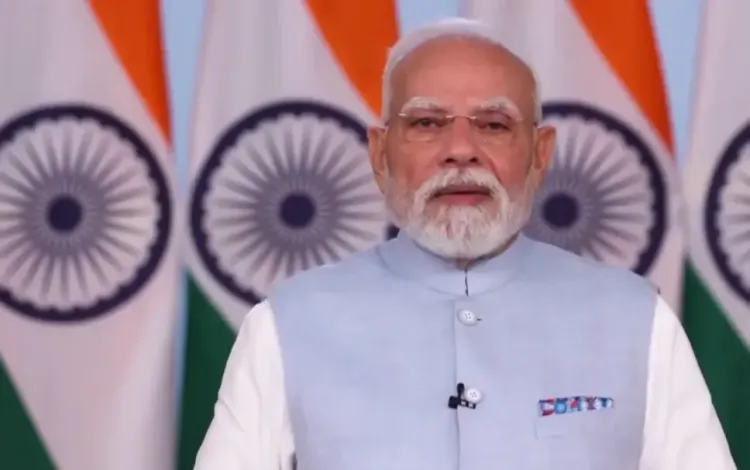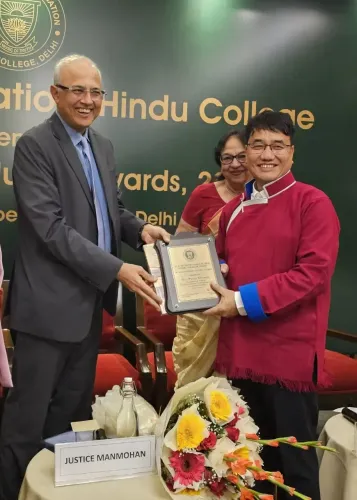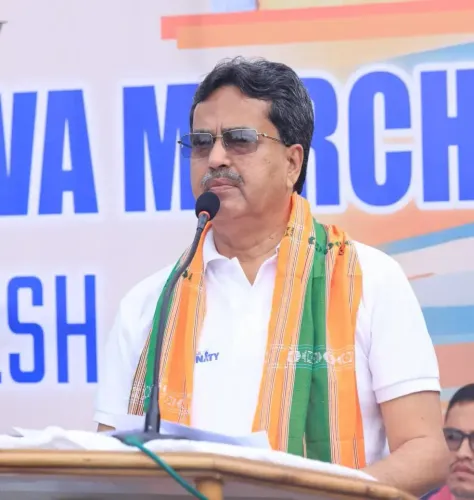How Will GST Reforms Benefit the Neo-Middle Class and Poor?

Synopsis
Key Takeaways
- Implementation of GST reforms starts on September 22.
- Only two tax slabs will remain: 5% and 18%.
- Essential goods will be more affordable due to reduced taxation.
- The reforms aim to uplift the living standards of the poor and neo-middle class.
- Potential savings of over Rs 2.5 lakh crore for citizens annually.
New Delhi, Sep 21 (NationPress) Prime Minister Narendra Modi announced that the rollout of the next-generation Goods and Services Tax (GST) reforms starting September 22 will serve as a "double bonanza" for the poor, neo-middle class, and middle class. These reforms are expected to dramatically reduce living costs while uplifting the aspirations of millions.
"Beginning tomorrow, only two tax brackets of 5 percent and 18 percent will persist. This implies that essential items like food, medications, soap, toothpaste, and insurance will either be exempt or subjected to a mere 5 percent tax," PM Modi stated during his address to the nation on Sunday evening.
The Prime Minister noted that almost 99 percent of goods previously taxed at 12 percent have now transitioned to the 5 percent category. He emphasized that this reform will make essential and lifestyle products — from groceries and medicines to televisions, refrigerators, two-wheelers, cars, and hotel accommodations — more affordable for the population.
Reflecting on the socio-economic changes in the past decade, he highlighted that in the last 11 years, 25 crore individuals have risen above poverty to become part of a dynamic "neo-middle class".
"With these GST reforms, the underprivileged, the neo-middle class, and the middle class are receiving a double bonanza. Their ambitions — from constructing homes to owning vehicles and traveling — will be simpler to achieve," he remarked.
Earlier this year, the government rendered income up to Rs 12 lakh tax-exempt, a gesture that the PM labeled as a gift to the middle class.
The Prime Minister asserted that when combined with recent income tax exemptions, the GST reforms will lead to substantial savings for citizens annually.
“If we aggregate the income tax exemption and the GST exemption, the decisions made within a single year will save the populace over Rs 2.5 lakh crore," he stated.
He also noted the enthusiasm among traders and shopkeepers, indicating that these reforms embody the principle of "Nagrik Devo Bhavo".
The Prime Minister reiterated that the reforms in the tax system are designed to simplify life for ordinary people and enable them to realize their dreams.









